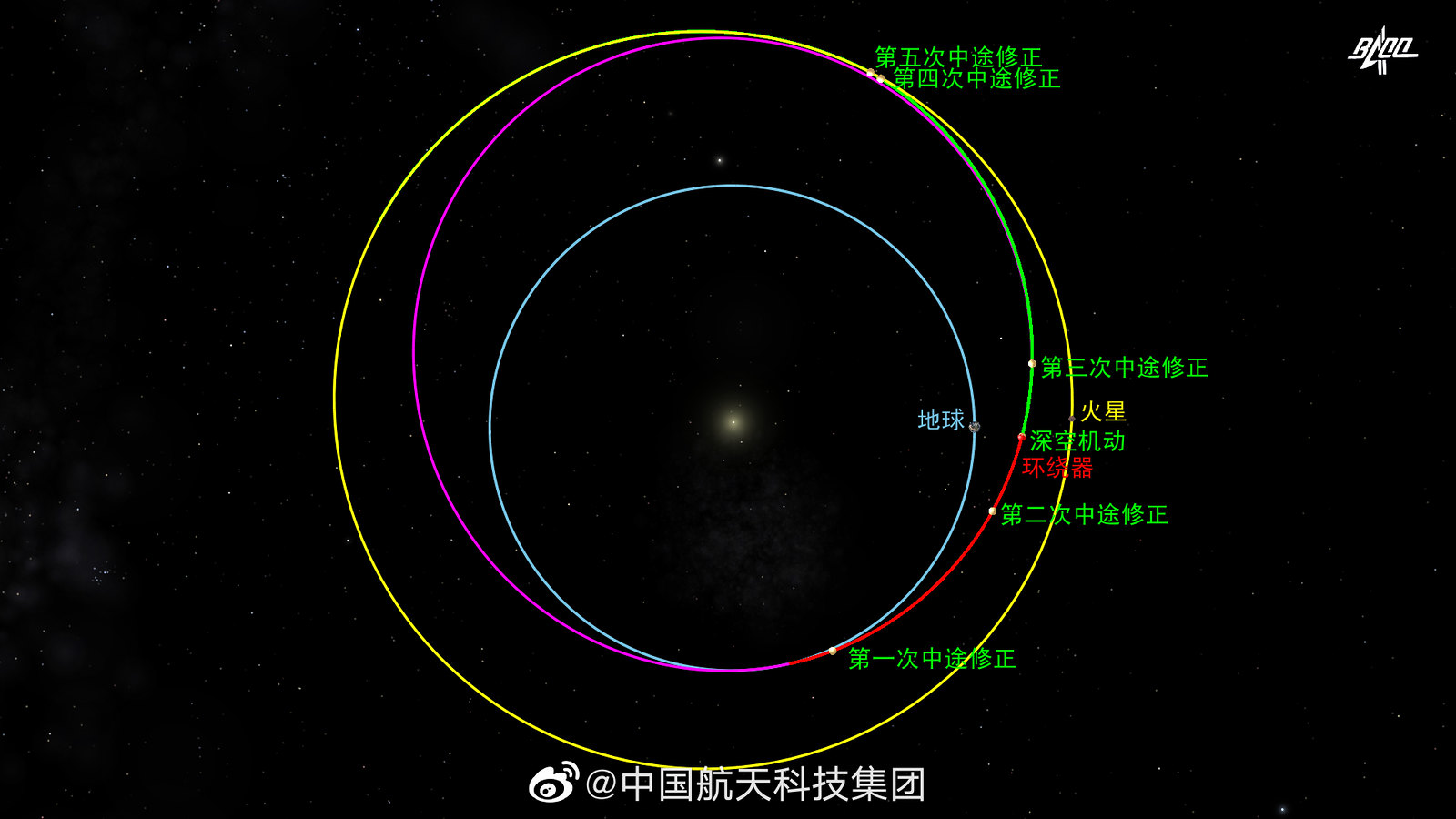Quickie
Colonel
No, that article does not have any further detail on what the US proposal was.
China said it was accepting proposals internationally for the space station last year. In total 23 proposal were submitted by 17 countries, China ended up accepting 9 of them.
I think the Chinese space agency has to take into account how genuine is the U.S. in their intention to join in the effort.
The U.S. proposal needs to be of the type that is separate from the overall project so that it is not critical to the whole project if there are delays on their part, intentional or not. I don't think the Chinese space agency would accept the proposal if it involves building a part of the station that would be critical to the success of the project, for example.
One can't blame them for being so cautious if one takes into account the political climate between the 2 countries, and how China has been excluded from the International Space Station by the U.S.
Last edited:




